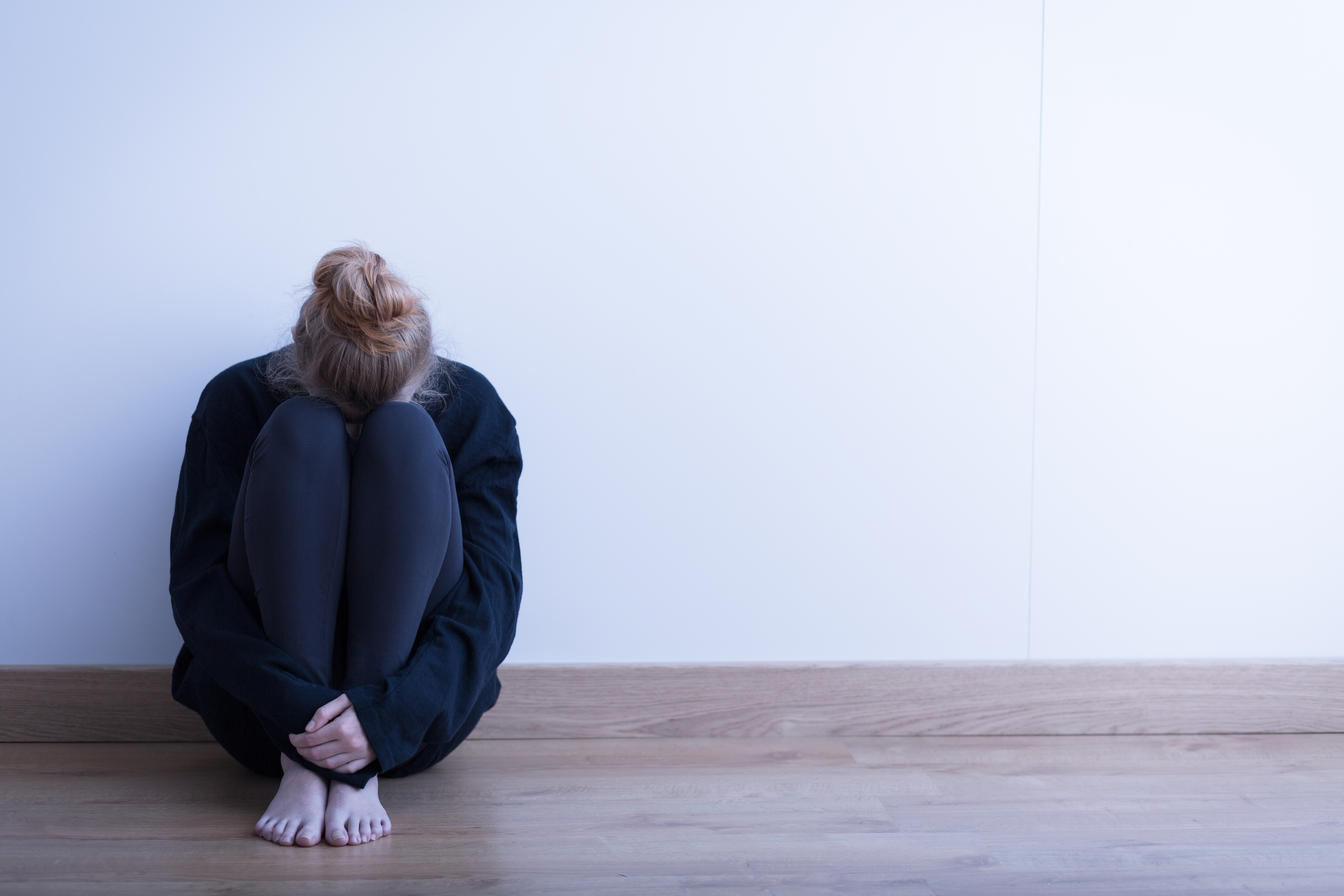
SCOTS are being urged to join a global effort to talk more openly about depression as part of this year’s World Health Day.
The condition, which affects one in five people in Scotland at some point in their lives, is the theme being highlighted by the World Health Organisation (WHO).
Around one in eight Scots currently take antidepressants daily and WHO research has found the number of people living with depression worldwide increased by 18%, to around 300 million people, between 2005 and 2015.
See Me, Scotland’s national programme to end mental health stigma and discrimination, has joined WHO in calling for more open discussions on depression.
Those who have the condition have also spoken out to emphasise the importance of such conversations.
Lynne Fox, 26, from Dunfermline, said she began to experience depression in her early 20s but felt “ashamed” to speak about it.
She said: “Depression was almost like the elephant in the room that was better left unaddressed and avoided.
“Often it made me feel awkward, embarrassed, and ashamed. If there was an awkward silence, or it was apparent people were actively avoiding speaking about it, or avoiding me all together, that made me feel awful.
“I often felt like a burden, or like I had done something wrong, or even that I shouldn’t be speaking about it.
“Talking about it with people who listened and took me seriously helped. But if someone asked very probing questions, or made remarks like ‘you’ll get over it’ and ‘pull yourself together’, that made me feel even worse.
“Sometimes the risk of receiving hurtful comments can be too much and it doesn’t feel worth it to put yourself out there. I think because it’s quite rarely spoken about in society, among the public, in schools, in daily life, people don’t know how to talk about it.”
See Me director Calum Irving said: “Mental health is part of everyone’s day to day life, it affects all of us, but there is still a stigma around it. This is in part caused by a lack of open conversations, so the theme for this year’s world mental health day is vital.
“No-one should ever be made to feel ashamed or embarrassed to tell anyone that they are experiencing a difficult time with their mental health. It’s okay not to be okay.
“If you’re going through a tough time, speak to someone you trust about how you’re feeling and try and get help. And if you’re worried about someone else, you don’t have to be an expert, just asking someone if they are okay and really listening can be a powerful thing.”

Enjoy the convenience of having The Sunday Post delivered as a digital ePaper straight to your smartphone, tablet or computer.
Subscribe for only £5.49 a month and enjoy all the benefits of the printed paper as a digital replica.
Subscribe